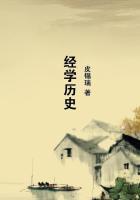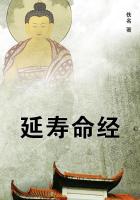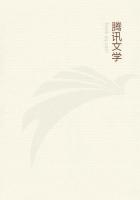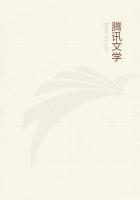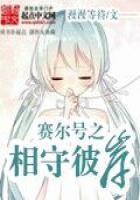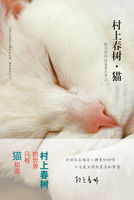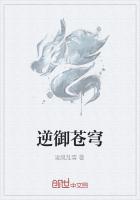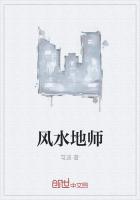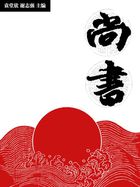Consciousness is, therefore, from the very beginning a social product, and remains so as long as men exist at all. Consciousness is at first, of course, merely consciousness concerning the immediate sensuous environment and consciousness of the limited connection with other persons and things outside the individual who is growing self-conscious. At the same time it is consciousness of nature, which first appears to men as a completely alien, all-powerful and unassailable force, with which men's relations are purely animal and by which they are overawed like beasts; it is thus a purely animal consciousness of nature (natural religion) just because nature is as yet hardly modified historically. (We see here immediately: this natural religion or this particular relation of men to nature is determined by the form of society and vice versa. Here, as everywhere, the identity of nature and man appears in such a way that the restricted relation of men to nature determines their restricted relation to one another, and their restricted relation to one another determines men's restricted relation to nature.) On the other hand, man's consciousness of the necessity of associating with the individuals around him is the beginning of the consciousness that he is living in society at all. This beginning is as animal as social life itself at this stage. It is mere herd- consciousness, and at this point man is only distinguished from sheep by the fact that with him consciousness takes the place of instinct or that his instinct is a conscious one. This sheep-like or tribal consciousness receives its further development and extension through increased productivity, the increase of needs, and, what is fundamental to both of these, the increase of population. With these there develops the division of labour, which was originally nothing but the division of labour in the sexual act, then that division of labour which develops spontaneously or "naturally" by virtue of natural predisposition (e.g. physical strength), needs, accidents, etc. etc. Division of labour only becomes truly such from the moment when a division of material and mental labour appears. (The first form of ideologists, priests, is concurrent.)
From this moment onwards consciousness can really flatter itself that it is something other than consciousness 'of existing practice, that it really represents something without representing something real; from now on consciousness is in a position to emancipate itself from the world and to proceed to the formation of "pure" theory, theology, philosophy, ethics, etc. But even if this theory, theology, philosophy, ethics, etc. comes into contradiction with the existing relations, this can only occur because existing social relations have come into contradiction with existing forces of production; this, moreover, can also occur in a particular national sphere of relations through the appearance of the contradiction, not within the national orbit, but between this national consciousness and the practice of other nations, i.e. between the national and the general consciousness of a nation (as we see it now in Germany).
Moreover, it is quite immaterial what consciousness starts to do on its own: out of all such muck we get only the one inference that these three moments, the forces of production, the state of society, and consciousness, can and must come into contradiction with one another, because the division of labour implies the possibility, nay the fact that intellectual and material activity -- enjoyment and labour, production and consumption -- devolve on different individuals, and that the only possibility of their not coming into contradiction lies in the negation in its turn of the division of labour. It is self-evident, moreover, that "spectres", "bonds", "the higher being", "concept", "scruple", are merely the idealistic, spiritual expression, the conception apparently of the isolated individual, the image of very empirical fetters and limitations, within which the mode of production of life and the form of intercourse coupled with it move.
Private Property and Communism With the division of labour, in which all these contradictions are implicit, and which in its turn is based on the natural division of labour in the family and the separation of society into individual families opposed to one another, is given simultaneously the distribution, and indeed the unequal distribution, both quantitative and qualitative, of labour and its products, hence property: the nucleus, the first form, of which lies in the family, where wife and children are the slaves of the husband. This latent slavery in the family, though still very crude, is the first property, but even at this early stage it corresponds perfectly to the definition of modern economists who call it the power of disposing of the labour-power of others.
Division of labour and private property are, moreover, identical expressions: in the one the same thing is affirmed with reference to activity as is affirmed in the other with reference to the product of the activity.

